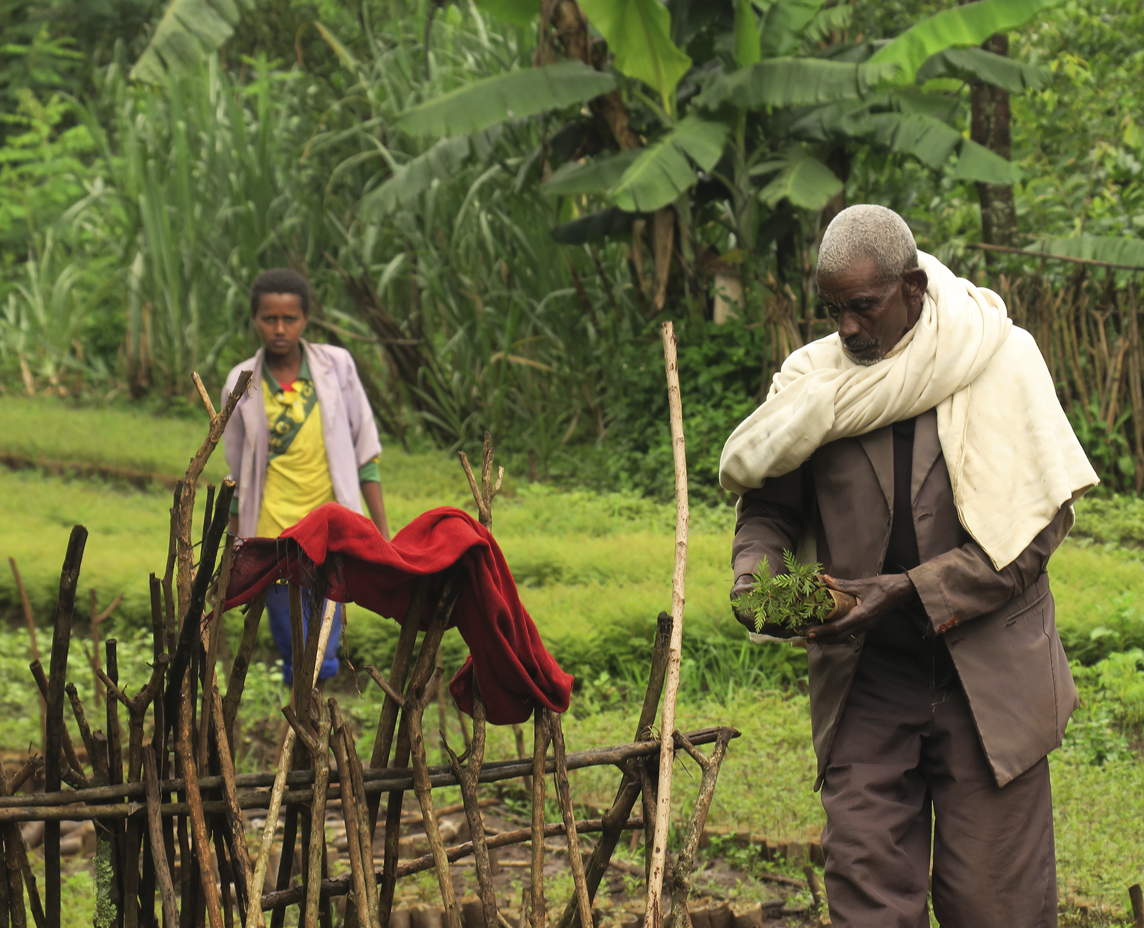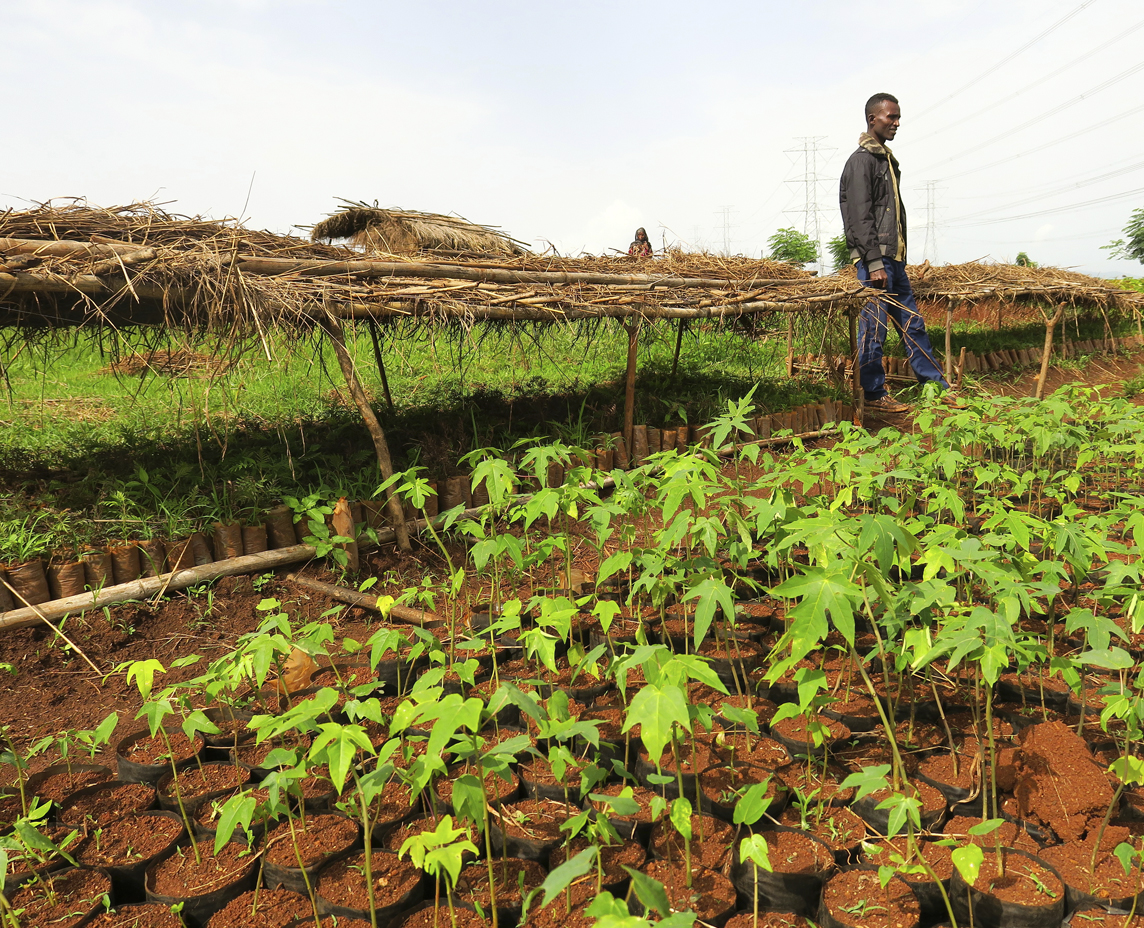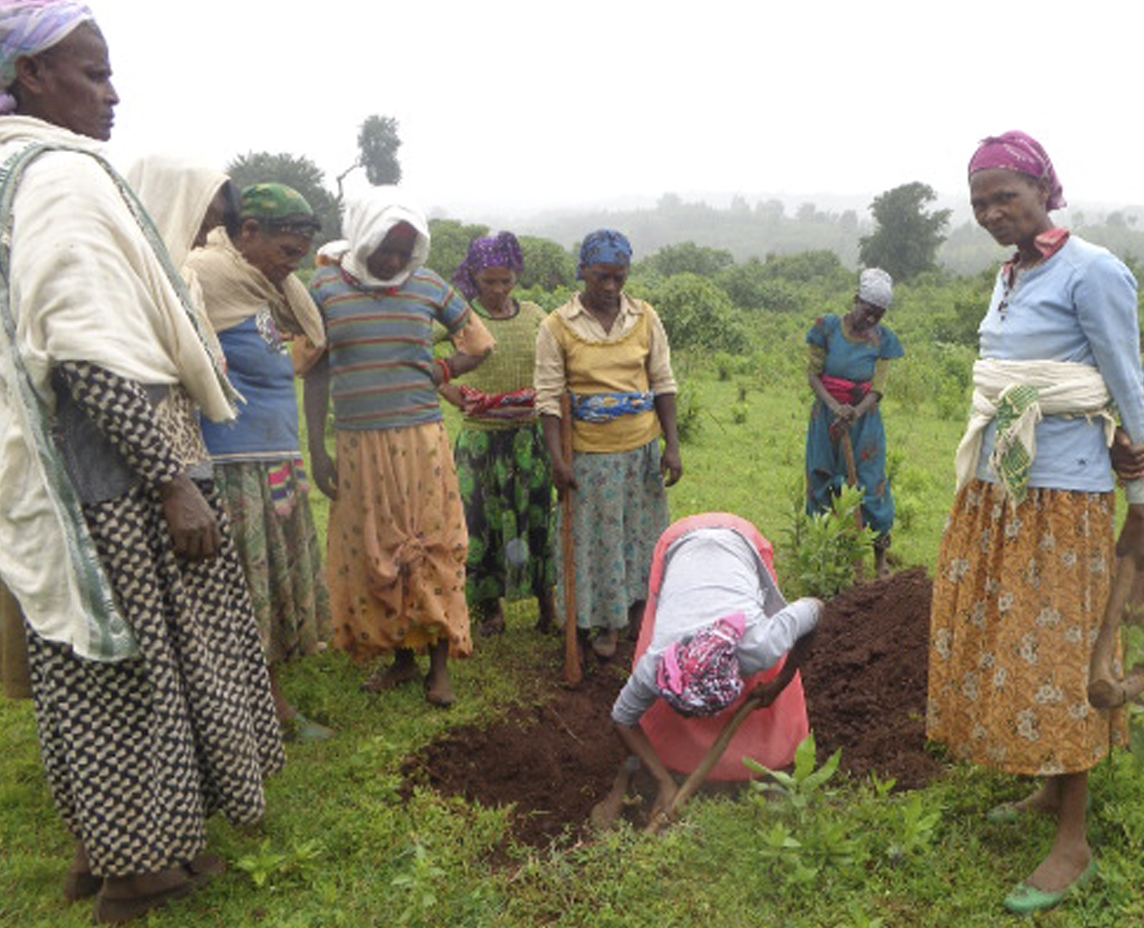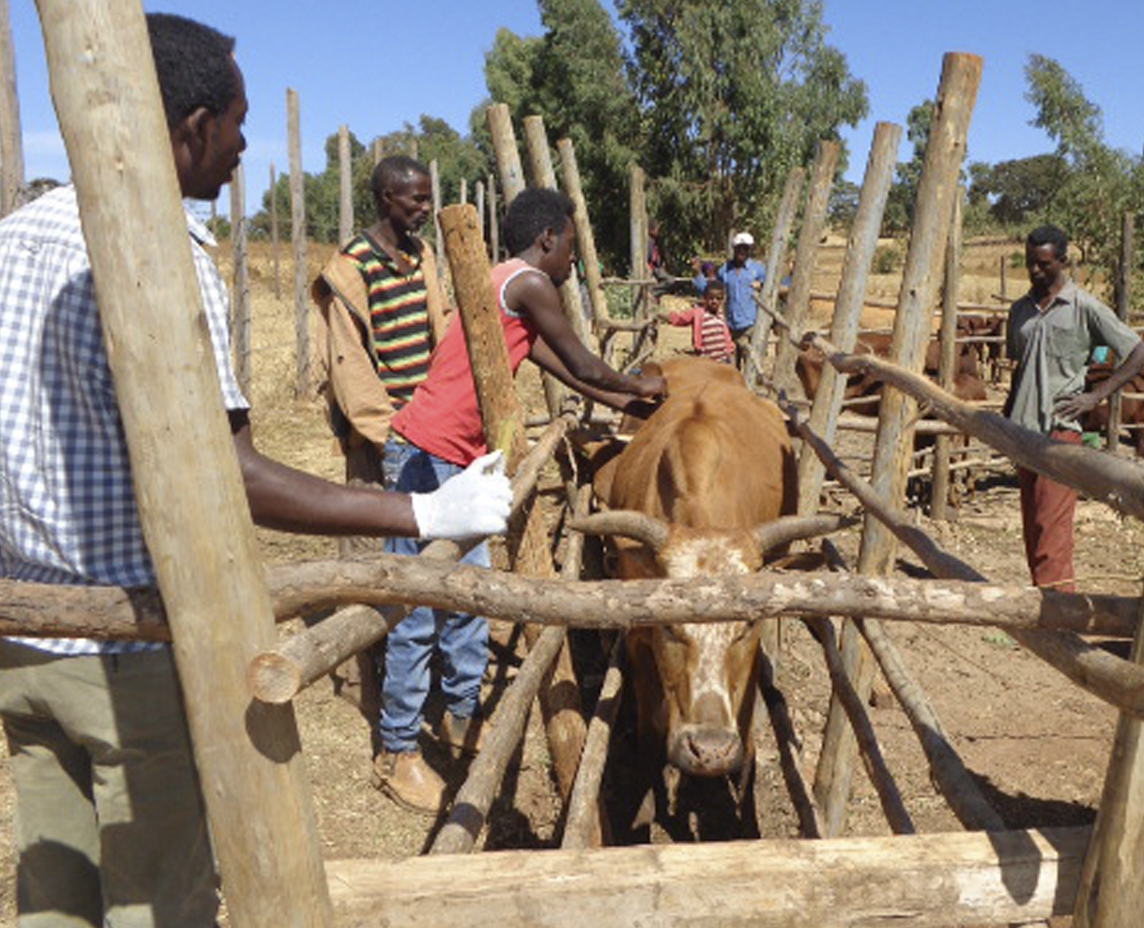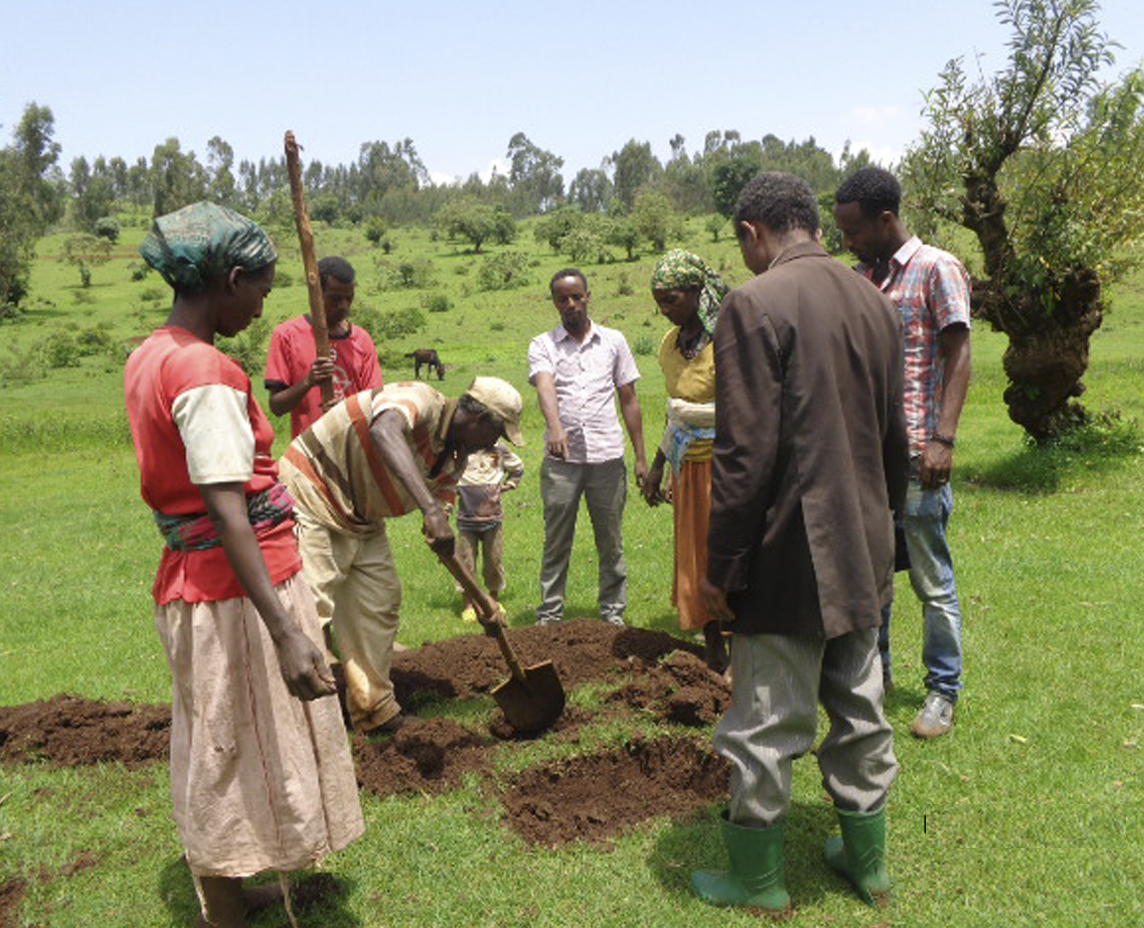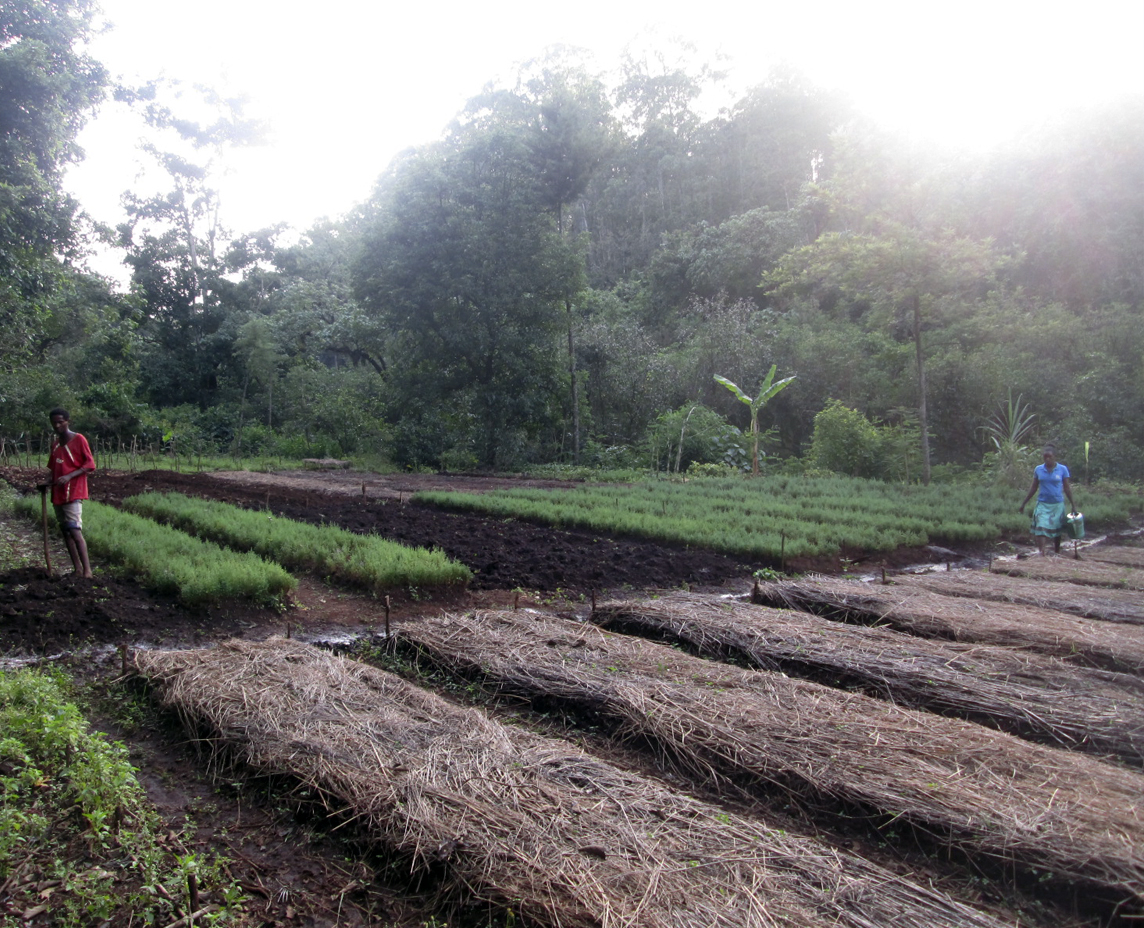Last January the project “Increased agricultural productivity with environmental and gender focus in East Wellega (Oromiya), Ethiopia” ended, Social Promotion, together with its local partner Ethiopian Catholic Church Social and Development Commission (ECC-SDCO) developed it in the region of Nekemte, Ethiopia, specifically in Guto Gida, Diga and Sasiga, and has been funded by AECID.
It has contributed to the quantitative and qualitative improvement of agricultural productivity in the region, an area characterized by extreme economic, social and environmental vulnerability, through the optimization of agricultural management, under a holistic and inclusive approach.
In this way, new and improved varieties of cultivation have been introduced, which has allowed increasing production and also obtain small surpluses for sale, generating new income among the population. On the other hand, when dealing with varieties with greater nutritional contribution, such as teff cereal or new vegetables, which have been very well accepted by the community, it has helped to improve the food security of the population.
In addition, work has been done on the control of pests, such as termites, to avoid the damage they cause to crops and land. Or against diseases such as trypanosomiasis, which affects oxen, causing them weakness and even death, so that it does not harm productivity or the work of farmers, because being an area of extreme poverty, it is common to rent the heads of cattle for agricultural work.
On the other hand, activities have been carried out to combat adverse environmental effects. Thus, to avoid the damages produced by the torrential rains, the surface has been protected against erosion by means of ditches or “terraces” which, while capturing water, slow the loss of soil by runoff. In addition, transversal structures have been placed in the ravines formed by erosion, which favor the accumulation of sediments carried by the water currents, and which over time will fill the land, and consequently, regenerate it. On the other hand, work has been done to recover the vegetation cover, providing for the planting of trees through the creation of nurseries that allow the planting and development of seedlings, also in the future.
Regarding the human component, the project, with a strong participatory and inclusive approach, has tried to involve the population in its activities, which have made them their own. In this way, the community has been involved in the preparation of the land, the collection of materials and the construction of irrigation system structures – basic structures adapted to the local context and deviations to favor irrigation – that have allowed a greater number of hectares receiving water.
On the other hand, training has been a fundamental component of the project. Based on a human rights approach, the population has seen improved their skills and techniques related to composting, termite control, land preparation, the use of effective agricultural techniques, the development and application of fertilizers and the improvement of crop yields. In addition, and following a cross-gender approach, women have participated in the different processes of the project, and have been trained to make an appropriate decision and to be recognized and incorporated into productive tasks. Thus, the nutritional component has been worked with, carrying out a series of workshops, and after their training, they have received seeds, which have diversified their crops, with the incorporation of vegetables. Thanks to this, they have improved their diet, and have generated income from the sale of surplus products.
Finally, in order to contribute to the sustainability of the results achieved, in addition to the capacities, three cooperatives have been created, providing them with the legal entity. This allows them to be part of the Union of Cooperatives and to be stronger in their areas of work and claims by working in red.





